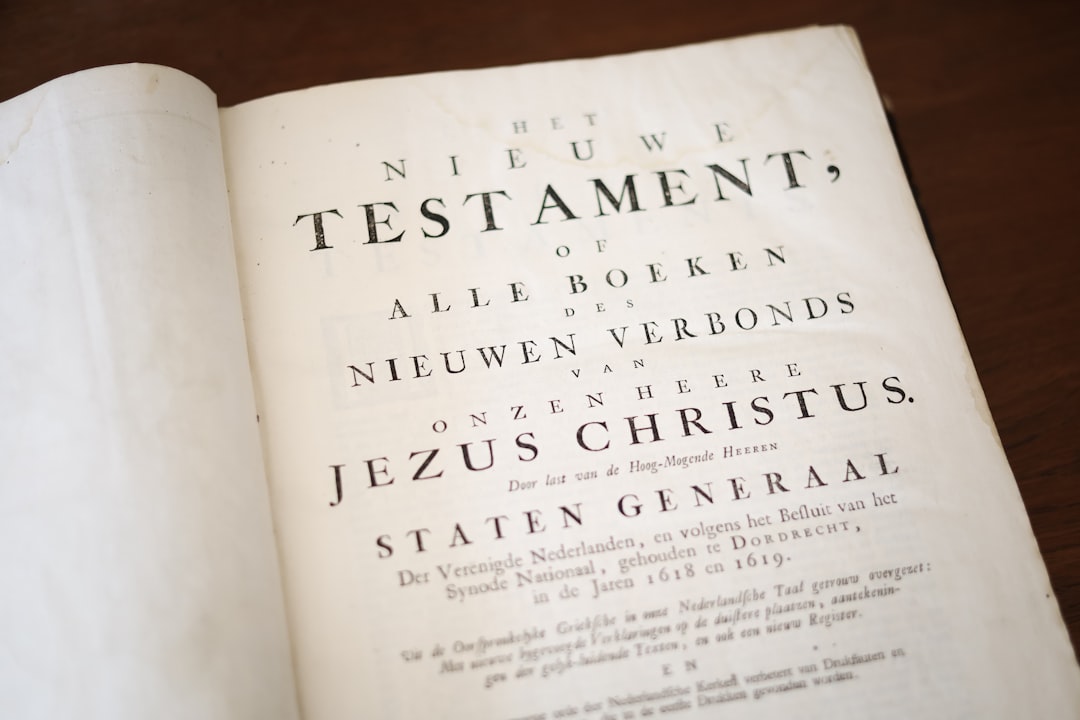What is it about?
This paper investigates the content of the editorial commentary in the Melbourne-based commercial Italian-language newspaper Il Globo from 1979 to 1989 and argues that throughout the period under examination it consistently maintained a proactive role for, and on behalf of, the Italo-Australian community. A longitudinal study on selected editorials written by then editor-in-chief Nino Randazzo shows that the newspaper lobbied relevant authorities and Australian governments alike on issues that mattered most to the Italian community, especially those related to domestic politics, migrant settlement and immigration. Using a content analysis methodology, the editorials were categorised into commonly emerging themes, highlighting the extent to which the newspaper commented on issues that affected the rapidly changing Italo-Australian community which experienced an important demographic shift from being predominantly Italian-born to increasingly Australian-born.
Featured Image
Why is it important?
This paper fills a gap in the literature on ethnic print media in Australia by diverging from previous studies which focused on the pivotal—though passive—role the ethnic press played in the process of integrating migrants. Rather, this paper focuses on the active role played by Il Globo in the issues that it perceived as important to the Italo-Australian community in the 1980s; a period during which Italians in Australia were experiencing the most thoroughgoing social and demographic changes.
Perspectives
In the 1980s, Il Globo provided a media outlet through which the community interacted with governments and, through governments, with the wider society on issues that the newspaper perceived as important to, and for the betterment of, the community it represented. Il Globo’s external legitimacy was exemplified by Federal and State governments alike regarding the Italian-language newspaper as a trustworthy interlocutor in the political process and as a medium worth engaging with on complex issues. Further, the paper’s editorials seem to have struck a chord with its readership: thus Il Globo was not only supported by its community, but was also reflecting, not creating, community opinion, which supports previous research on the functions of the ethnic press.
Dr Simone Battiston
Swinburne University of Technology
Read the Original
This page is a summary of: Ethnic Print Media in Australia, Media History, August 2014, Taylor & Francis,
DOI: 10.1080/13688804.2014.948826.
You can read the full text:
Contributors
The following have contributed to this page










